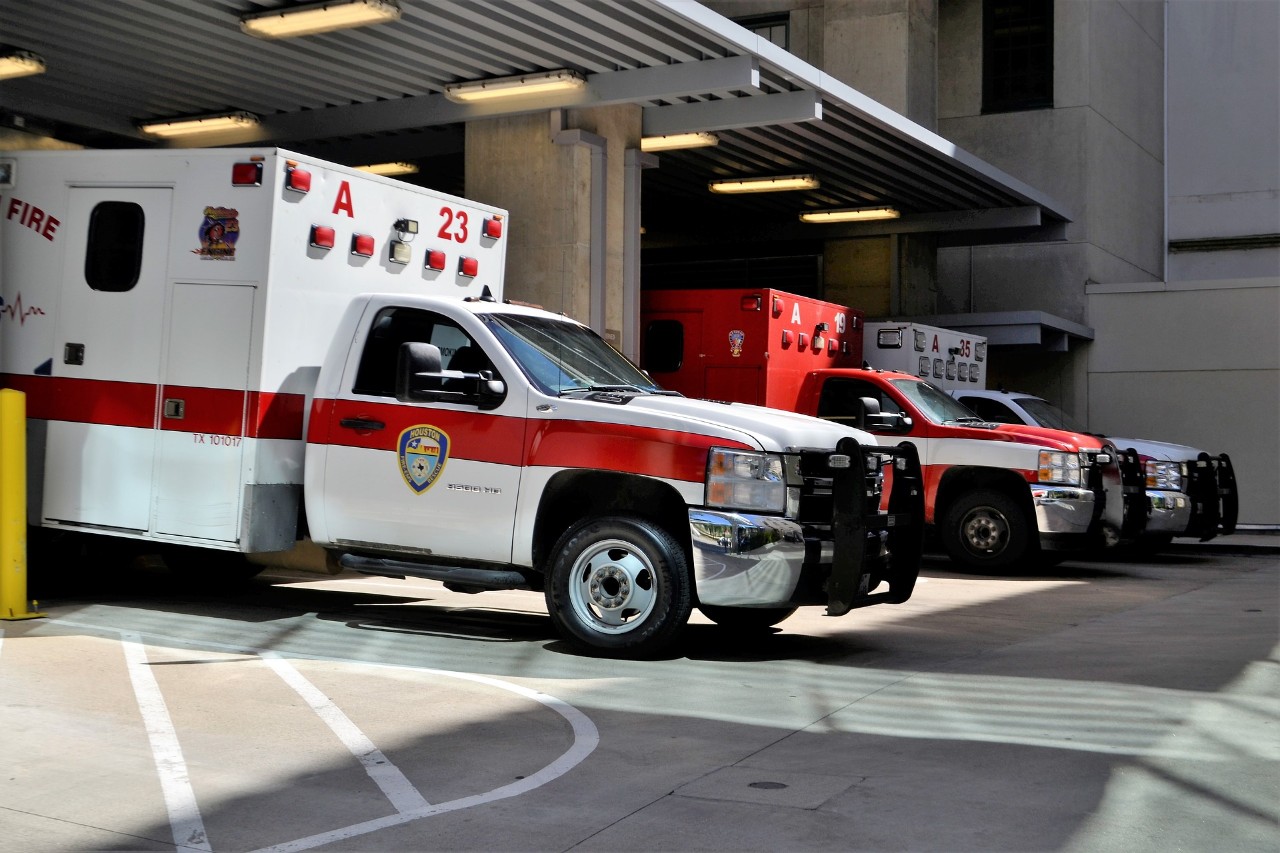
UC hosts seminar on community paramedicine
Ohio has the second-highest rate of deaths by overdose in the country, according a recent report by the Centers for Disease Control and Prevention.
The University of Cincinnati on Wednesday hosted a community paramedicine seminar to address the region’s opioid crisis and other challenges facing the field.
The seminar at Cincinnati’s Center for Addiction Treatment was part of a community paramedicine course offered by UC’s fire science and emergency management program. Attendees included UC students and professors, as well as fire chiefs, fire lieutenants, paramedics and other first responders in the Tri-State area.
With its focus on local partnerships and local problems, the seminar reflected the urban impact platform of UC’s strategic direction, Next Lives Here.
Paramedicine faces challenges like substance abuse, heart failure, falls, chronic disease and mental health-related problems. Paramedicine professionals must find creative solutions to address these diverse challenges.
“Community paramedicine is a very broad topic and each community needs to identify what it is they need,” said UC fire science professor Lawrence Bennett, who organized the seminar.
Our goal is that every student that leaves UC knows how to address the opioid crisis.
Neil MacKinnon, Dean, College of Pharmacy
Speakers included Cincinnati Councilwoman Amy Murray, Cincinnati Fire Chief Roy Winston, addiction treatment professionals and UC professors. UC College of Pharmacy Dean and Professor Neil MacKinnon gave the seminar’s keynote speech.
“Our goal is that every student that leaves UC knows how to address the opioid crisis,” said MacKinnon.
Speakers offered many solutions, like improving relationships with hospitals, collecting and analyzing data and increasing education and advocacy programs. By being proactive and directing people to the right resources, professionals can begin solving some of the most pressing issues facing paramedicine.
The seminar also gave paramedicine leaders a chance to discuss solutions across disciplines. With these solutions applied to communities, health care costs can decrease and, most importantly, so can injuries and deaths.
“We can’t change the beginning [of the opioid crisis], but I think all of us in the room can work together to change the ending,” said MacKinnon.
Featured image at top: Emergency response teams are adapting how they address the opioid crisis. Photo/ArtisticOperations/Pixabay
Changing Outcomes, Saving Lives
Being the only academic healthcare university in the region is a big responsiblity. See how UC is solving urban issues related to health and well being through the university's strategic direction, Next Lives Here.
Related Stories
UC hires Dr. Gregory Postel as senior vice president of health...
April 23, 2024
UC Board of Trustees vote to hire Dr. Gregory Postel as senior vice president of health affairs and dean of UC College of Medicine.
UC, Nexigen agree to collaborate on AI security
April 23, 2024
An agreement between the University of Cincinnati and information technology and cybersecurity firm Nexigen will lead to collaboration on artificial intelligence, which includes a goal of making the technology more secure. Nexigen, one of the Cincinnati region's largest IT service and cybersecurity firms, builds technology solutions for companies in the United States. While not a legally binding contract, the agreement between the Kentucky-based company and UC will lead to cooperation on securing grants, give UC students real-world experience and provide Nexigen with expertise from UC faculty and students.
WVXU: Find your CPAP annoying? UC researchers are working on a...
April 22, 2024
Dr. Liran Oren is leading a research team at the University of Cincinnati developing a VortexPAP machine that takes advantage of vortex airflow technology. A preliminary clinical study with current CPAP users demonstrated that the VortexPAP can deliver the pressure levels that are used in the subjects’ CPAP therapy, but the mask is more comfortable to wear. It has a minimalistic design that is less intrusive and barely touches the patient’s face.
